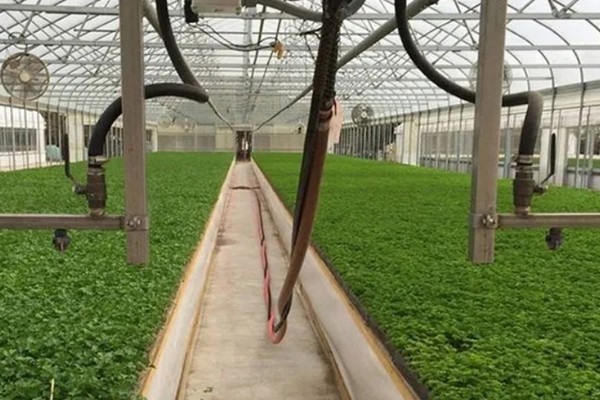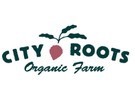Situated in its new facility for more than six months now, one certified organic microgreen grower is seeing a significantly greater supply than this time last year. "We've increased our production by about 50-60 percent and that is fulfilling the new business we've received," says Eric McClam of City Roots, a microgreen greenhouse grower in Columbia, South Carolina that grows 11 varieties of microgreens including kale, broccoli, snow pea, sunflower and more. "We probably have another 75 percent more capacity that we could produce in our current site."
This greater production comes at an interesting time in the marketplace following last week's closure of Bowery Farming, a New York-based vertical farming business. "We haven't seen this affect microgreens specifically," says McClam. "I am curious to know how the news may shake up the lettuce market. How will that affect lettuce and the available capital markets for other CEA growers that might be in the microgreen space? There could be a big market gap so who fills that? It's speculative but those are the questions right now."
New facility benefits
Back at City Roots, it moved into its 75,000 sq. ft. facility earlier this year. The facility is energy neutral thanks to incorporating on-farm solar, a geothermal heating and cooling system that includes radiant floor heating and cooling for the microgreens which are grown in soil. All of this was done with the plans to be one of the first energy- and carbon-neutral facilities in the Southeast.

As for that organic supply growing in the new facility, the company's cilantro is seeing greater volume right now compared to last year at this time thanks to this expanded growing footprint. Meanwhile, demand has shifted somewhat towards specific, more vibrant color varieties (such as a beet color) over rainbow mixes. "Some chefs in foodservice want to delineate some of the color, flavor, and texture as opposed to using a blanket rainbow mix," says McClam.
Increasing holiday demand
Meanwhile, overall demand is steady in foodservice for microgreens. It is also potentially growing in retail. McClam says that its more local approach to growing is part of its appeal given shipping costs are less though the shelf life of its product is greater. "We also see demand strengthening around the holidays. We see that in retail, especially in early January with the health focus. That bump goes into early February and then kind of tapers a bit after Valentine's Day," says McClam.
All of this leaves pricing similar to this time last year, especially given organic microgreen pricing doesn't see the type of pricing fluctuation seen in field crops. "Unfortunately the cost of goods, specifically with packaging-related items, has seen inflationary effects," says McClam. "Our prices are the same but the cost of production has risen."
 For more information:
For more information:
Eric McClam
City Roots Farm
Tel.: +1 (803) 254-2302
https://cityrootsfarm.com/
